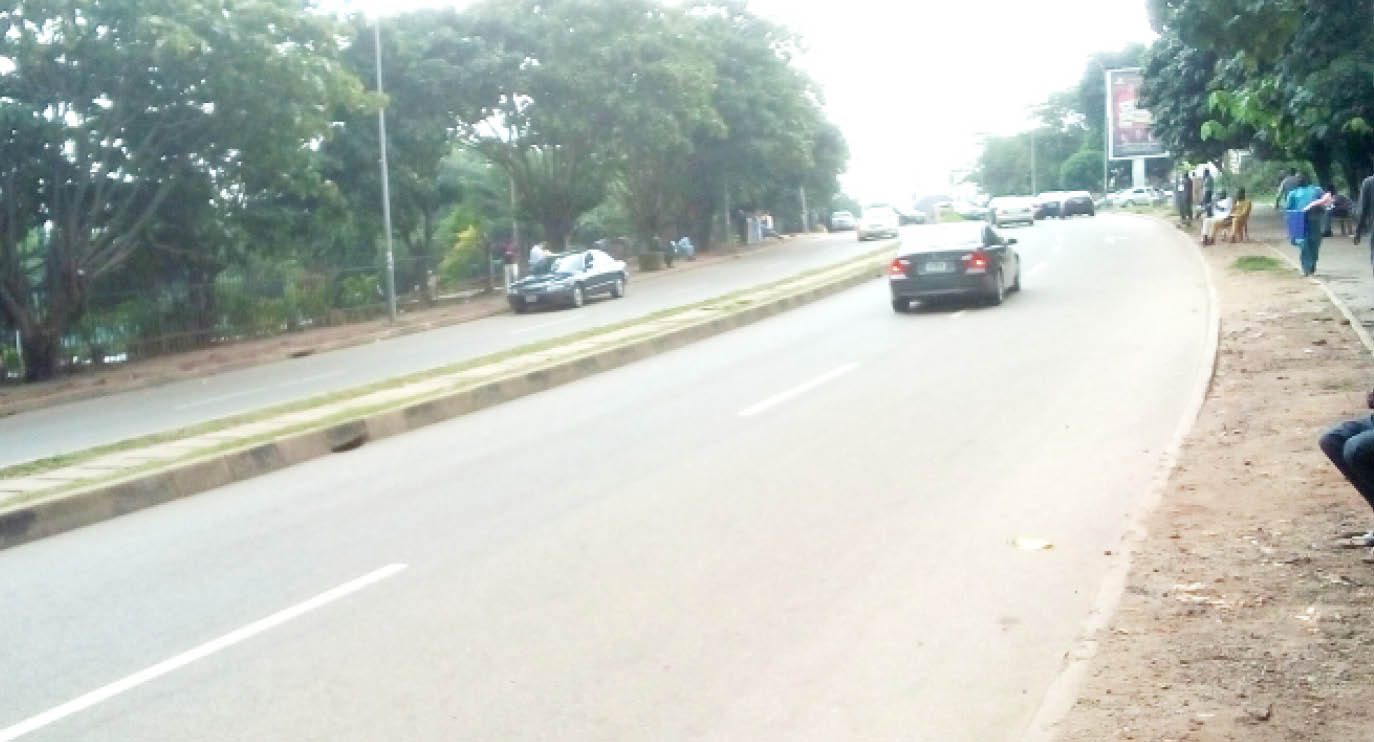When Abuja was selected out of a long list of other local cities to be Nigeria’s new capital territory, it was a selection based on numerous merits such as its prime and central location, extensive land mass, favourable climate and the fact that a good portion of it was uninhabited and unspoken for.
The Murtala Mohammed-led military government which did this selection, and subsequent governments after his, took upon them the task of ensuring that the new capital city which critics called a utopian dream became tangible, so that the relocation of the country’s government seat from a congested Lagos State could be possible.
- Some Nigerian youngsters with dual nationalities who may emulate Lookman Ademola
- Grey Areas: Organ Transplantation in Nigeria
The first point of action was creating the city’s Master Plan. Now, having learnt a few salient lessons from the shortcomings of Lagos as the capital city, the government didn’t want a repeat of these failures, so they made a grand Master Plan which covered every inch and breadth of the city, leaving nothing to chance, then split development of the city into phases and began implementation.
So thoroughly planned was the city of Abuja that the government thought to introduce the city’s population in incremental ‘doses’ so as to prevent overcrowding which would have the negative effect of straining the city’s infrastructure and the social amenities available per time.
Gratefully, and much to the dismay of critics, sixteen years after Abuja was first announced as the new capital territory, the seat of power, government ministries and parastatals were moved into the burgeoning city. Today, more than thirty years after that great exodus, the city has seen exponential growth, to the extent that it is considered one of the fastest growing cities in the world. Whoop! Dreams come true, right? Certainly.
But, while most Nigerians are proud of and happy about the rapid development and popularity garnered by their capital city, there remain a few who it would appear are the sacrificial lambs in this scenario. So, while others enjoy the glitz of the city, revelling in its economic growth and taking pride in the sense of belonging that the personality and brand connotation of Abuja as a ‘city for all’ evokes, they themselves are caught in a limbo.
For even though their ancestors were born and buried in the land, today, they can neither lay claim to it as theirs as that would be violating one of the core values of the new capital territory as delineated by its founders; nor can they lay claim to another land without inciting a fight with its current dwellers. The original inhabitants of Abuja whose land is currently used as the ‘Centre of Unity’ for Nigerians from the 36 states of the country cannot fully appreciate the sentiment as they themselves have no state from which to come and unite with others at this centre.
Now, you may ask, what was the plan for these indigenous peoples in the very lustrous Abuja Master Plan? Surely the government must have factored them in some way.
Well, according to authorities, as at the time when Abuja was chosen to be the capital territory, most of the land was uninhabited and along the line, the few inhabitants were asked to choose between moving to neighbouring states or being relocated to government earmarked areas of the territory so as to free up their land for the large-scale development planned.
The result of this relocation is what we see today – the original inhabitants of Abuja and their chiefdoms now mostly occupy the outskirts of Abuja where sadly, the fast-paced developmental drive experienced in the city’s centre is not being replicated, or at least, not with the same momentum.
From bad access roads, to poor electricity supply, unavailability of potable water, sub-standard health facilities, the list goes on and on.
It should therefore come as no surprise that the original inhabitants of Abuja are dissatisfied and asking to be granted a state of their own.
This request in this writer’s opinion, only seems fair because if you’re going to take something from one person and say it belongs to everyone, especially if others are still keeping theirs, then the original owner should be adequately compensated, rather than relegated. Now more than ever, the original inhabitants of Abuja deserve to be heard and considered as day by day, we see the city of Abuja becoming more and more classist and elitist.
Bassey Bassey writes from Abuja

 Join Daily Trust WhatsApp Community For Quick Access To News and Happenings Around You.
Join Daily Trust WhatsApp Community For Quick Access To News and Happenings Around You.


